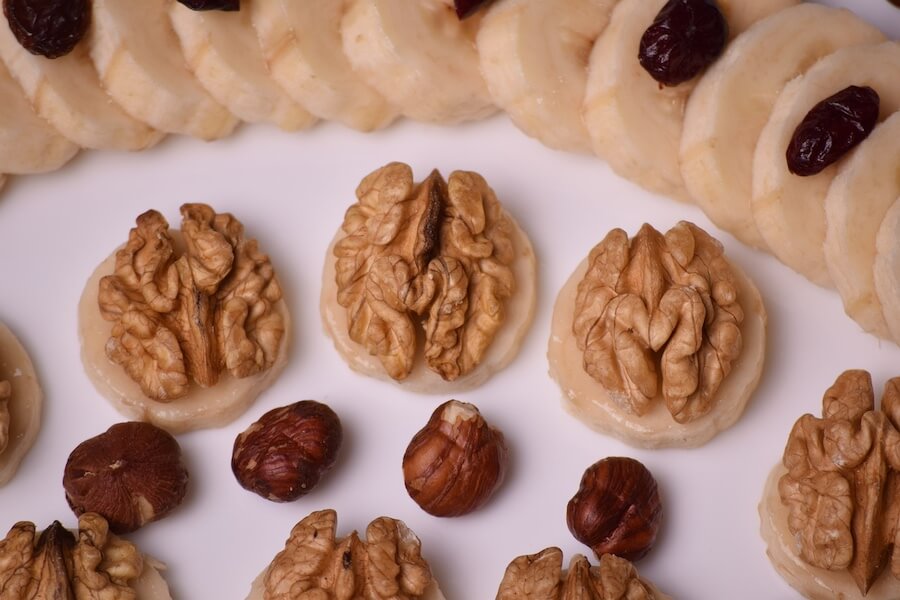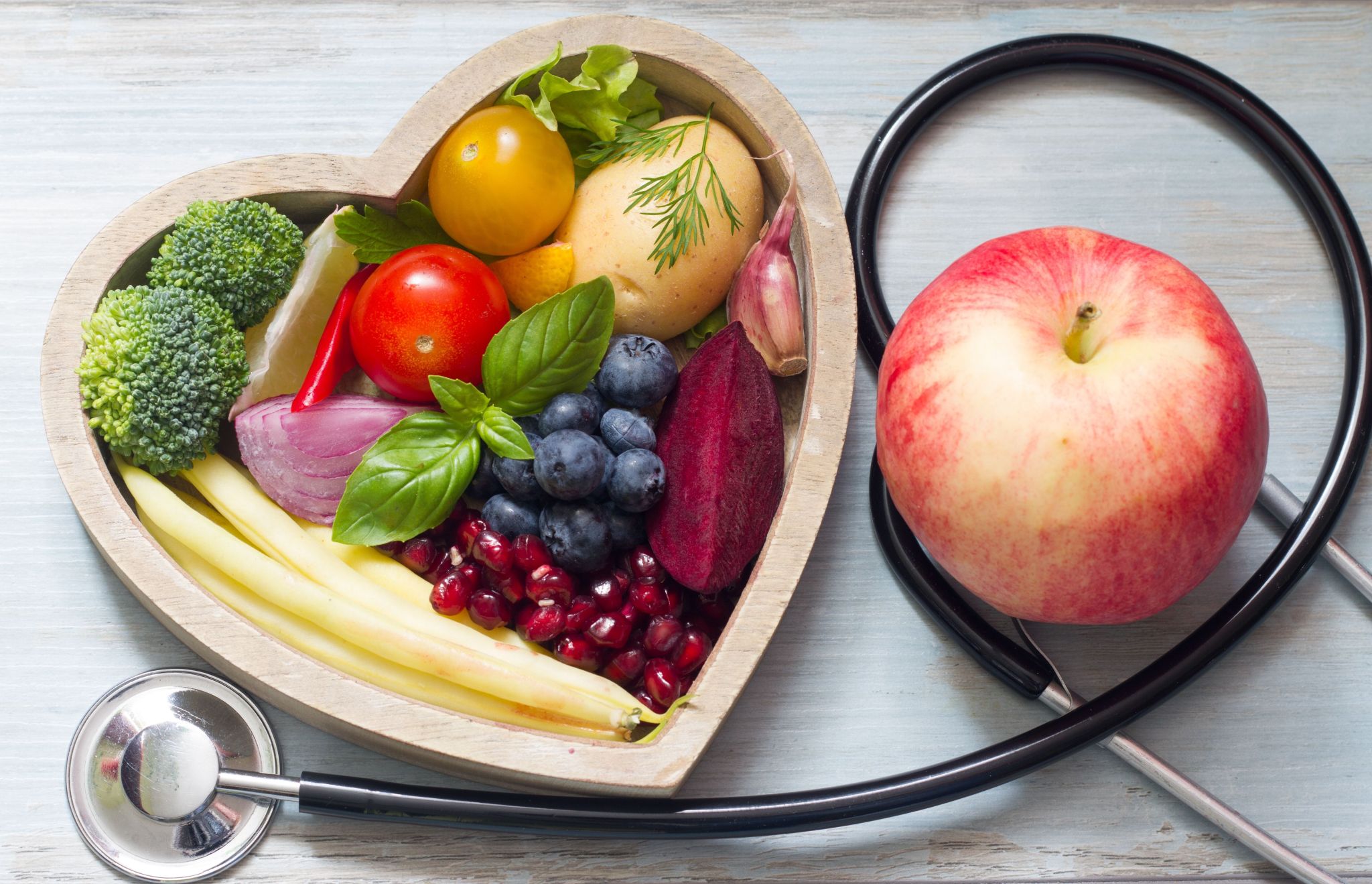The Mediterranean diet as part of heart attack and stroke prevention
Due to the variety of foods that make up its foundation and their antioxidant properties, this type of diet is considered the healthiest. Interest in this diet particularly emerged in the 1950s and 1960s, after research showed that people in Mediterranean countries had significantly lower rates of cardiovascular disease compared to those in the United States. Since then, numerous scientific studies have provided evidence of the beneficial effects of this dietary pattern on the prevention of heart attacks and strokes.
Why is the Mediterranean diet actually good for a healthy heart?
The Mediterranean diet is characteristic of the eating habits of countries in the Mediterranean region, such as Greece and Italy. The traditional cuisine of these countries is rich in whole grains, vegetables, legumes, fruits, nuts, seeds, and herbs as the foundation of the diet. Olive oil is the main source of added fat, while fish, seafood, dairy products, and poultry are included in moderation. Red meat and sweets are consumed only occasionally.
This type of diet has a beneficial effect on the prevention of cardiovascular diseases, as well as a range of other health conditions such as diabetes, digestive tract diseases, and certain cancers. The key to a healthy diet lies in moderation, consuming foods low in saturated fats and added sugars, and preparing foods in a way that preserves their nutritional value.
How to stick to the Mediterranean diet?
To practice the Mediterranean diet that promotes heart health, you need to incorporate two servings of fish per week to ensure an adequate intake of omega-3 fatty acids, which have cardioprotective properties. These healthy fats help combat inflammation, reduce triglyceride levels, prevent blood clotting, and lower the risk of stroke and heart failure.
Avoiding red meat and introducing plant-based proteins into your diet is recommended for patients recovering from cardiovascular-related surgeries. Red meat is high in saturated fats, cholesterol, and salt. Consuming fatty foods contributes to the deposition of atherosclerotic plaque in the blood vessels, while sodium-rich foods increase blood pressure and the risk of cardiovascular diseases. To make your food more flavorful, replace salt with herbs and olive oil. As an alternative to meat proteins, incorporate legumes such as beans, lentils, and peas into your diet. Nuts and their derivatives like peanut butter are also rich sources of protein, as well as oats, brown rice, and pumpkin seeds. Tofu, rich in protein and with a neutral taste, can be included in savory and sweet dishes.
In terms of dairy products in the Mediterranean diet, choose those with lower fat percentages.
Avoid yogurt and milk varieties that contain added sugars and sweeteners. Goat’s milk is known to be beneficial for heart health and immunity, and goat cheese contains less fat, making it acceptable for healthier dietary habits. Consuming probiotic yogurt is advised as probiotics create acid that reduces cholesterol production.
Fruit good for the heart – For dessert, consume fruit instead of processed sugars. Fruits rich in flavonoids and anthocyanins help protect the heart and blood vessels, and you can recognize them by their deep, dark, and vibrant colors. Berries such as blueberries, currants, raspberries, and aronia, as well as grapes and plums, contribute to reducing inflammation in the body, possess antioxidant properties, and lower the risk of heart disease.
Red vegetables – Tomatoes contain lycopene, which has antioxidant effects and reduces the risk of a heart attack. Consuming carrots, which are high in potassium, is significant for blood pressure control. Broccoli is also important for maintaining cardiovascular health due to the presence of sulforaphane, a compound that prevents the development of atherosclerosis.
Mediterranean diet promotes digestion after heart surgery
Consuming an adequate amount of fruits, vegetables, and grains in the early days after surgery will also help resolve issues of constipation. Altered bowel movements are a common problem that patients experience after the procedure due to the effects of certain medications as well as the prolonged period of rest and lack of physical activity.
Consuming alcohol, caffeine, energy drinks, and carbonated beverages is not beneficial for heart health.
In addition to choosing foods that promote cardiovascular health, patients should also be mindful of the types of beverages they consume. Energy drinks must be strictly avoided as the presence of active ingredients such as caffeine and taurine can cause hypertension and arrhythmia. There have also been cases of aortic rupture in patients who did not manage their blood pressure and consumed significant quantities of this beverage.
When it comes to alcohol consumption, patients who have experienced certain cardiovascular conditions should exercise caution. Alcohol can disrupt heart rhythm, specifically atrial fibrillation, which is associated with an increased risk of heart attack and stroke. Long-term intake of large amounts of alcohol is directly linked to the development of alcoholic cardiomyopathy, a disease of the heart muscle. The combination of energy drinks and alcoholic beverages is particularly detrimental to heart health.
Pay attention to coffee consumption, especially because increased intake of this beverage is often associated with tobacco use and a sedentary lifestyle. Cardiovascular patients should be particularly cautious, especially if they experience side effects such as heartburn, restlessness, or insomnia. Coffee can temporarily lead to an increase in blood pressure, and higher consumption of this beverage has been associated with a mild increase in cholesterol levels.
Carbonated beverages with high sugar concentrations raise blood sugar levels and further burden the walls of arteries, increasing the risk of heart problems. These drinks should be avoided and replaced with unsweetened homemade fruit juices. Increased water intake is recommended, and you can add a little lemon juice for a more pleasant taste if desired.
At the Pulse Cardiology Center, you can find all the necessary information about a healthy diet.
You will receive all the necessary information about dietary habits to adopt after a surgical procedure directly from your cardiologist. At the Pulse Cardiology Center in Block A, New Belgrade, you can learn about the dietary regimen to follow depending on the type of cardiovascular condition being treated. Schedule an appointment with us, and top experts in the field of cardiology will welcome you in a pleasant environment and provide clear instructions on which foods to avoid to ensure a successful recovery after all types of cardiovascular interventions.




